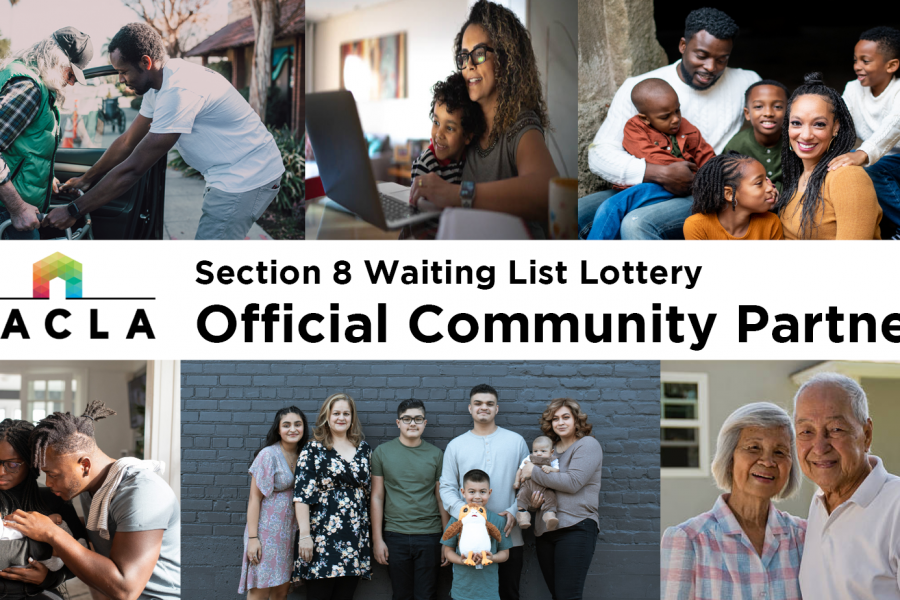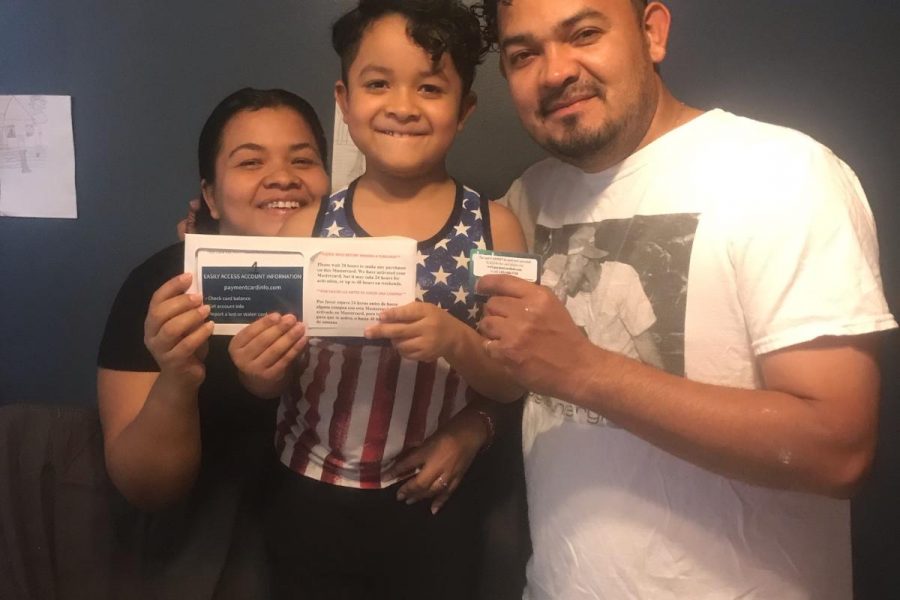IILA joins a Day of Action on social media today, August 29, to call for the redesignation and extension of Afghanistan for Temporary Protected Status (TPS).
Two years ago this week, the U.S. government began Operation Allies Welcome (OAW) to resettle tens of thousands of Afghans across the United States.
IILA, in partnership with the U.S. Committee for Refugees and Immigrants (USCRI) and other organizations, continues to urge the Biden administration to redesignate and extend Afghanistan for TPS.
Country conditions in Afghanistan have deteriorated in the intervening two years of Taliban rule. From the systematic repression of women and girls to widespread food insecurity driven by economic collapse and climate shocks, country conditions remain dire in Afghanistan. TPS must be redesignated and extended for #Afghanistan.
The Taliban relentlessly targets former government officials, members of the armed forces, and others that worked with the U.S. Our Afghan allies cannot return to repression and reprisals in #Afghanistan. Redesignate and extend #TPS4AFG, @SecMayorkas.
Afghans in the United States, Afghanistan, and third countries need access to robust and continuous permanent and temporary protections, including Temporary Protected Status (TPS).
An extension would offer renewed protections and work authorization for the Afghan beneficiaries of the current designation. A redesignation would offer the protections of TPS to many newly arrived Afghans, who face challenges accessing the services and benefits that are available to Afghan parolees who arrived during OAW.
IILA has been working with partners at the local, state, and federal levels to receive and resettle more than 1000 Afghan individuals, including humanitarian parolees, Special Immigrant Visa (SIV) holders, and refugees, since October 2021 IILA staff and volunteers have ensured that all new Afghan arrivals have received housing, employment, medical, legal, and financial assistance, as well as extended case management services.




